North Korean defector reveals Kim’s rotting military
Roh Chol Min, who slipped across the fortified border, describes an army life of corruption, hunger and dedication to Kim Jong Un
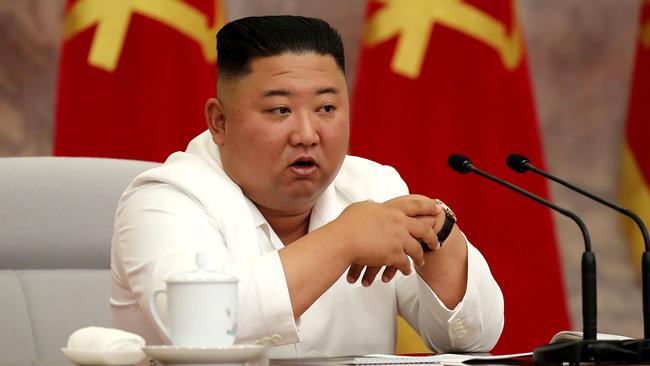
They were supposed to represent North Korea’s fighting elite. Dispatched to Korea’s demilitarised zone roughly three years ago, Roh Chol Min was a new recruit on the front lines. He sized up his fellow 46 soldiers in the unit and saw men like himself: tall, young and connected.
Roh had won the coveted position, in the late summer of 2017, owing to his sharpshooting skills and height; at 173cm he is unusually tall for North Korea. But when he attended his first target practice, he was stunned. Nobody else had bothered to show up. His compatriots had bribed senior officers to avoid the drill.
What Roh came to learn — and what ultimately drove him to defect to South Korea — was a distinction that separated him from his elite comrades. Unlike them, he lacked the money to buy better treatment, faster promotions, reprieve from training and even enough food to keep from going hungry. “I saw no future for myself,” he says.
North Korea’s future itself appeared hazy when leader Kim Jong Un shunned public appearances for nearly three weeks in April, and rumours swirled about his health. After he reappeared, the North blew up a jointly run inter-Korean liaison office after Kim Yo Jong, sister and confidante of the dictator, expressed fury over Seoul-based defector groups sending anti-regime leaflets over the border. North Korea announced it had put troops on alert and began reinstalling propaganda loudspeakers at the border that it had dismantled after a 2018 inter-Korean pledge to tone down military tensions.
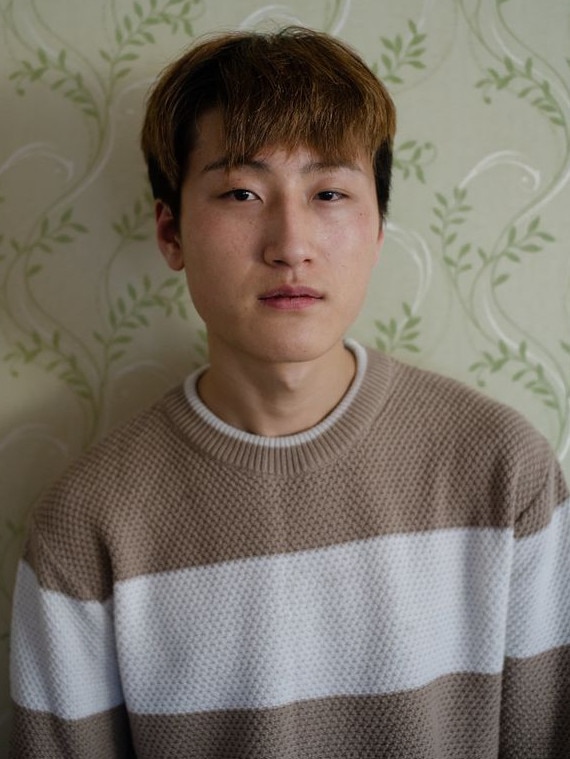
Then last week, Kim suddenly declared a suspension of military action directed at South Korea. North Korea again removed the loudspeakers and has yet to conduct further actions targeting the South.
Yet Kim’s grip on power, at its most practical level, hinges on North Korea’s military, the regime’s paramount institution. Military experts, in the US and Asia, have long speculated the country’s armed forces are rotting from the inside, racked by corruption and strategic decisions that funnel precious funds into nuclear weapons and missile research instead of caring for its troops.
Now a growing stream of defectors are building out the picture with gripping personal accounts of deprivation.
Roughly 33,000 North Koreans have fled to South Korea over the years, including homemakers, traders and even a few diplomats. Most took routes through China. Since 1996, only 20 have defected across the heavily fortified DMZ while serving in the military, according to an internal South Korean government document reviewed by The Wall Street Journal.
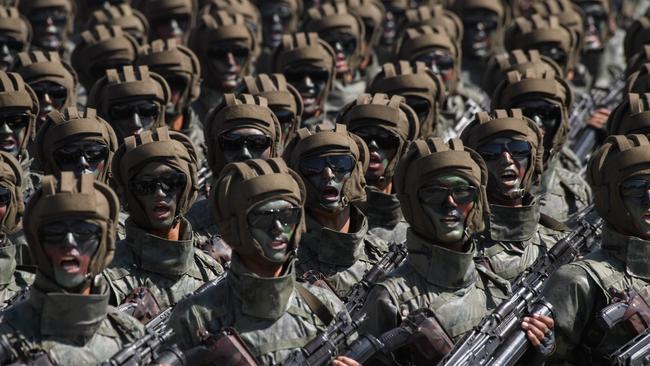
First interview
The Journal spoke with Roh for more than 15 hours over the past year, in his first interview with Western media. His account, which couldn’t be independently confirmed, verifies and illuminates broader views by intelligence agencies, North Korean defectors and researchers.
“It was lawless there,” Roh, in his early 20s, says now. “If you had money, you could basically get away with anything.”
Kim, facing Western sanctions over his nuclear program and strains posed by the coronavirus pandemic, needs unquestioned military vitality all the more now. At a Workers’ Party meeting late last year, he announced a “new strategic weapon” would be unveiled soon and encouraged his people to tighten their belts and prepare themselves for life under sanctions. In the country’s COVID-19 fight, of which Pyongyang has yet to report a single case, soldiers play a key role locking down borders and ensuring citizens abide by preventive measures.
North Korea maintains one of the world’s largest standing armies with about 1.2 million active soldiers. Pyongyang spends roughly a quarter of its gross domestic product on military expenditures, the highest ratio among 170 countries tracked by US State Department estimates. In contrast, America’s defence spending represents about 3 per cent of GDP.
Little of that money trickles down to front-line troops, to hear defectors talk. Roh, serving just across the border from South Korean and US troops, had expected the prominent DMZ role would mean plentiful food, organised leadership and focused training. Instead soldiers died from accidental discharges of weapons. Superiors stole his food. He withered to 41kg in a few months, eating wild mushrooms and somehow avoiding the toxic ones that killed others. The only thing widely available, he recalled, was cigarettes.
“Don’t you want a promotion?” he says a commander once asked him, while demanding a payout he couldn’t afford.
North Korean men, with few exceptions, serve for at least 10 years. They are conscripted at a young age partly to indoctrinate firm allegiance to the state. But it is a hardship that has forced some enlistees to crack.
From 2016 to 2018, six soldiers defected over the inter-Korean border. One sprinted across the border under heavy gunfire, requiring 12 litres of blood infusion while undergoing treatment by South Korean doctors, making headlines across the world. He was found to have an exceptionally long parasitic worm in his stomach. Another wore shabby boots wrapped in clothing while serving in the snow-capped mountains of eastern Korea, before making a run for it across the DMZ. Another active-duty soldier defected across the border last year.
None of the soldiers would have been informed of Kim’s recent absence if they were still serving inside North Korea, Roh says, as the twice-a-day news broadcasts don’t report on the Supreme Leader’s health status. The public didn’t learn why Kim was absent for nearly seven weeks during a 2014 ankle surgery, receiving clues only afterward when the leader emerged with a cane and a limp. “The domestic audience is kept in the dark about these things,” Roh says.
As a boy, Roh grew up in relative luxury in a rural mountain town near the Chinese border, with a television, a couch, and batteries for electricity. His grandparents were highly educated elites in Pyongyang; his grandfather even attended university with Kim Jong Il, the current leader’s father. Both his parents worked for a time but life became more difficult as the economy contracted, and often both were out of work. He has memories of his older sister selling handpicked herbs so she could feed him a potato.
He says he dreamed of joining the North Korean military — a feeling that deepened after Kim assumed the mantle of “Supreme Leader” in late 2011.
Before he landed his DMZ post, Roh was drafted into one of the many units that comprise North Korea’s 200,000-strong special forces, in large part, due to his social class. When going through a background check, Roh remembers an officer from the Ministry of the People’s Armed Forces coming to see him. “You have a good foundation, comrade,” the official told him.
At his first post in the special forces, Roh’s physical limits were tested through tough military training, lack of food and proper medical care. His loyalty for Kim was reinforced by daily ideological sessions.
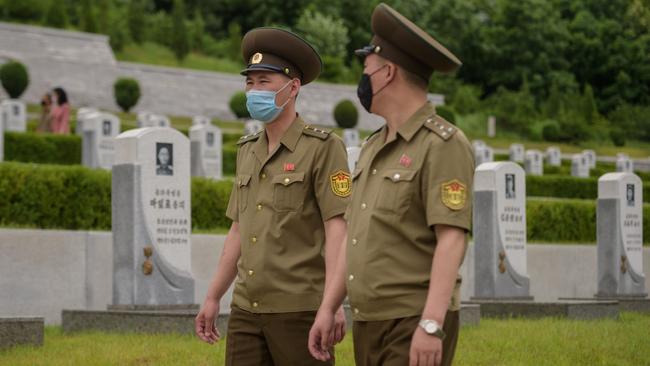
Seeing Kim
One “glorious” day, Roh recalled, the leader himself visited his base. Kim appeared in his luxurious black van, escorted by bodyguards. Roh says he nearly choked as he saw the leader pass by from afar. He sobbed into his flavourless bowl of dinner, overwhelmed by the general’s presence. Not daring to look at the leader directly, Roh felt his head throbbing.
Once Kim left, Roh stood with his fellow soldiers, fanatically chanting, “Long live General Kim!”
Even a televised image of Kim inspecting a factory or farm would prompt Roh and his fellow soldiers to sit up straight, neaten their uniforms and clap in unison. Citizens are taught from a young age that North Korean leaders must hail from the “Mount Paektu bloodline” with a direct lineage to the country’s founder Kim Il Sung. It is unimaginable anyone but a Kim would rule the country, Roh says: “It is a respect you only feel for Kim family members.”
When Roh arrived at the DMZ posting after toiling through a 12-hour train ride on North Korea’s World War II-era railways, he was ordered to move bricks at a construction site of a new dining facility. An officer approached him.
“You do as I say. If I want to beat you, I beat you. If I tell you to die, you die,” he says the officer told him.
The soldiers were mobilised to move bricks day and night. Roh was only assigned to the construction project for his first three days. He didn’t get to see the cafeteria completed, as he defected after just three months at the front lines.
Corruption was rampant at the border, where men from elite backgrounds were stationed. Officers sold the rice provided to the unit at a nearby market, feeding soldiers cheaper corn porridge. The front-line soldiers, with high-ranking parents, carried around cash as bribes.
His main duty was to stand guard at a post overlooking the DMZ. Roh worked 13-hour shifts in a uniform that hardly kept him warm. The temperature dropped to nearly -40C. As he set out for duty every morning, his skin cracked and eyebrows frosted at every breath.
The others avoided standing in the cold, having bribed the unit’s commanders with US dollars at sums of up to $US150 ($215) a month. The payments bought extra food, wearing warmer clothes and making weekly phone calls to family.
Money could buy an immediate promotion and help a soldier drop out of training. Roh felt devastated. He watched as the others enjoyed extra sleep and went out to local markets to buy sweet bread. He hadn’t been able to make a single call to his family and spent most of his time at the guard post.
Guarding the front line
Inside North Korea’s front-line guard posts, posters of South Korean aircraft hung on the walls. Each of the South Korean combat planes were labelled under their photograph with their models. Pictures of South Korean soldiers in their military uniforms were posted on the wall for familiarisation. Roh wondered if their lives were any different, as he shivered in the cold.
In the weeks before his defection, Roh often stood at his guard post, having gone days without sleep. Messages came through the phone in tap code as he sat inside the guard post alone. “Don’t fall asleep,” a commander signalled.
Some days Roh walked out into fields to accomplish impossible missions: to bring back 100 praying mantis eggs within two hours. The officers would sell the eggs at the marketplace, to be used in Chinese medicine. Roh trudged around the reed field with a plastic bag trying to fill the quota, from which the officers would profit.
Young soldiers like Roh studied to become members of the ruling Workers’ Party. Gaining party membership is a step up the social ladder in North Korea, a country dominated in all aspects by the ruling party. To pass the test, Roh used the little time he had to memorise military law by filling his notebook with army regulations. But within a month Roh found himself lacking the money to even buy a new notebook or a pen.
Officers pressured Roh to call his parents for money. One time, they lent him enough for a two-minute phone call home. As an officer stood next to Roh nudging him to ask for money, he couldn’t say a word about how painful life was at the front lines. His sister sent him funds to cover the phone call — the equivalent of a dollar. With the few pennies left over, he bought a notebook and a torch.
The border smelled of rotten animals. Roh often heard wild boars electrocuted by the fence. At other times, with his binoculars, Roh could see South Korean tourists curiously looking over into North Korea.
In the days leading up to his decision over whether to flee, Roh says military officials accused him of stealing rice crackers — a crime he says he didn’t commit. His squad leader beat him and he was forced to endure self-criticism sessions.
One December 2017 morning, when he made the short walk to his DMZ guard post, a tantalising — but dangerous — idea flashed in his head. Passing under a North Korean flag he refused to salute for the first time. Roh then lifted up a metal fence with a gentle nudge of his rifle butt. He crawled under. And made a run for it.
When he bolted, Roh waded through chest-high waters, rifle over his shoulder, carrying 90 bullets and two hand grenades. As Roh ran through the fog to freedom, hoping he wouldn’t step on a land mine, a propaganda slogan came to mind: “No matter the temptation, we shall protect the nation.”
The slogan, embedded in his memory from years of chanting, sent shivers down his spine as he considered the enormousness of his betrayal.
Once he safely reached the South Korean side, soldiers barked at him: “Are you a defector?” But Roh was puzzled. He had never heard the word before.
Now he reads Sherlock Holmes novels, which he finds more entertaining than the Kim hagiographies he was forced to consume. Food is now so plentiful he occasionally skips a meal. He’s developed a fondness for hot lattes.
Roh recently enrolled at a college in Seoul and works weekends at a wedding-hall buffet. As he watches online lectures from his home, feeling safe from the coronavirus, Roh worries about his family members in the North who have little protection from the pandemic. He shudders thinking of how he’d be treated as a North Korean soldier. “They would leave us to die,” Roh says. “We’re considered disposable.”
He carries around guilt about his defection — especially since he doesn’t know what happened to his family. The Kim regime often punishes family members of defectors. But Roh tries not to dwell on the unknown too much. It only causes him more pain.
“I try to forget every day,” he says.
The Wall Street Journal


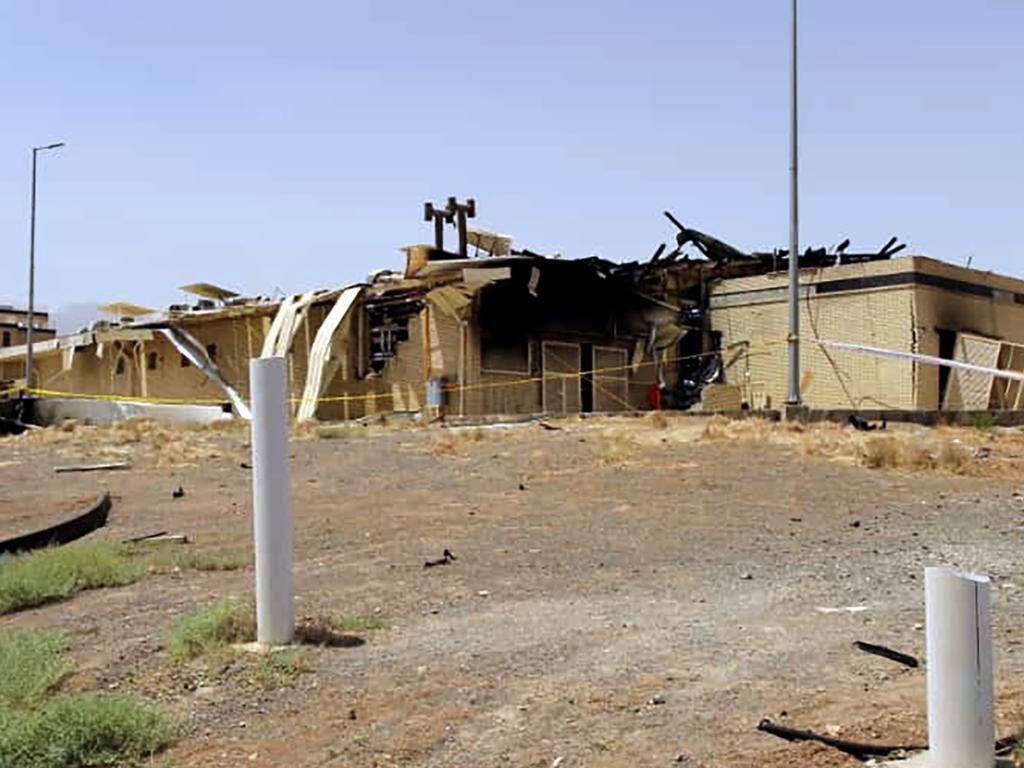
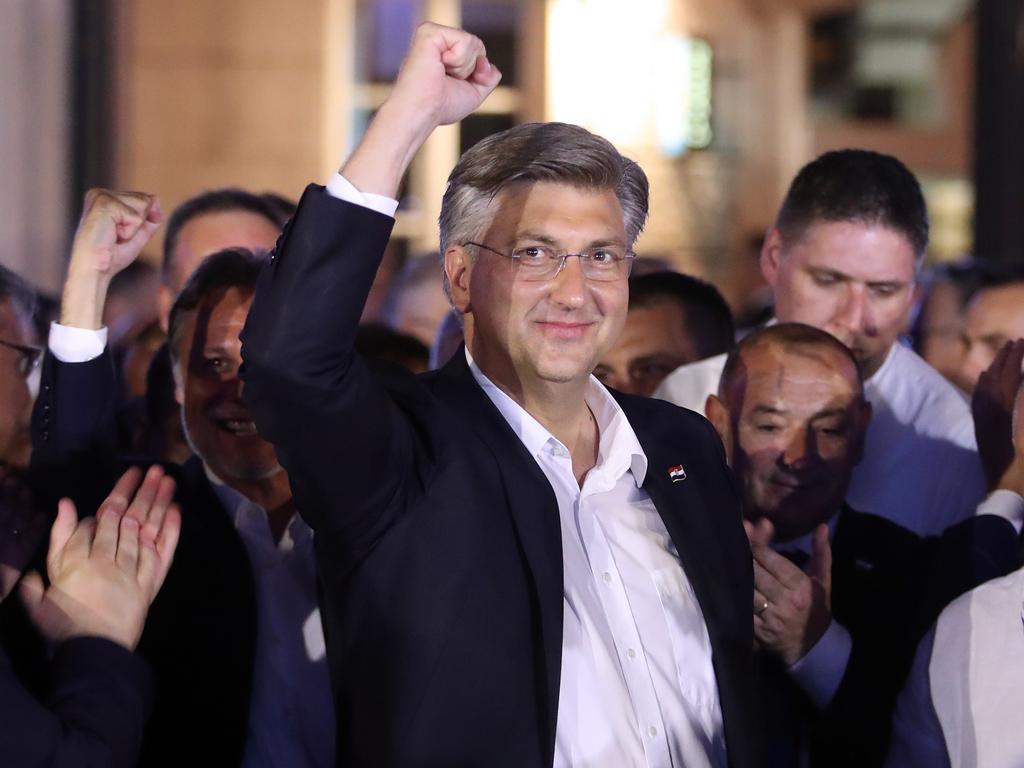


To join the conversation, please log in. Don't have an account? Register
Join the conversation, you are commenting as Logout